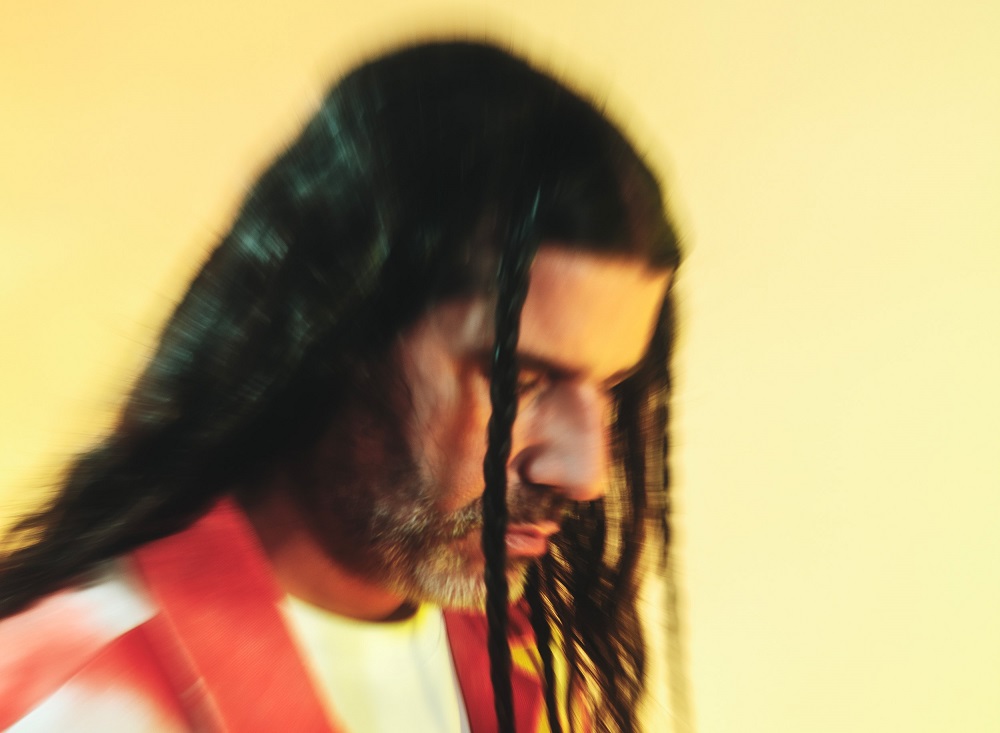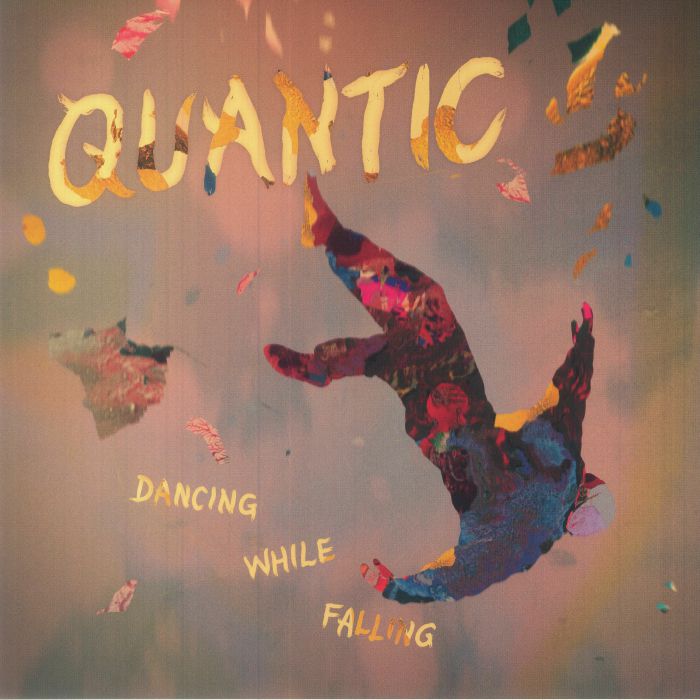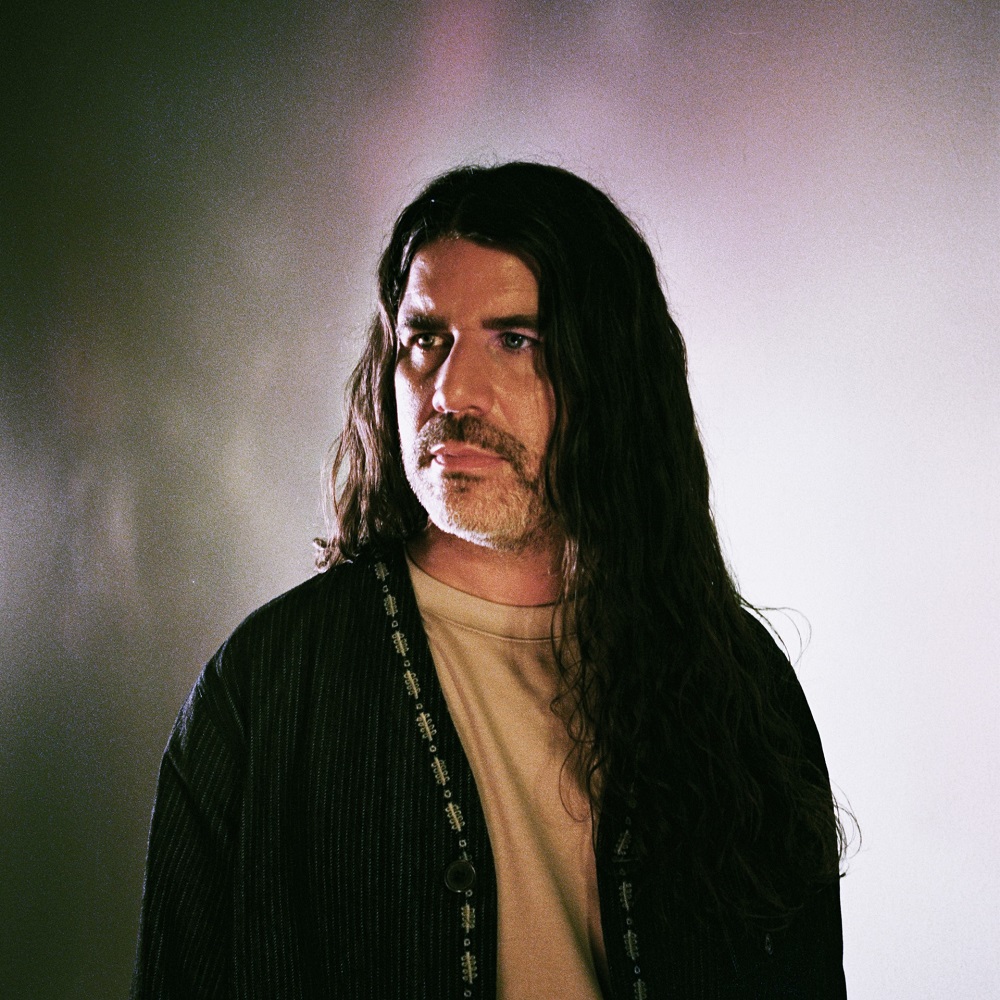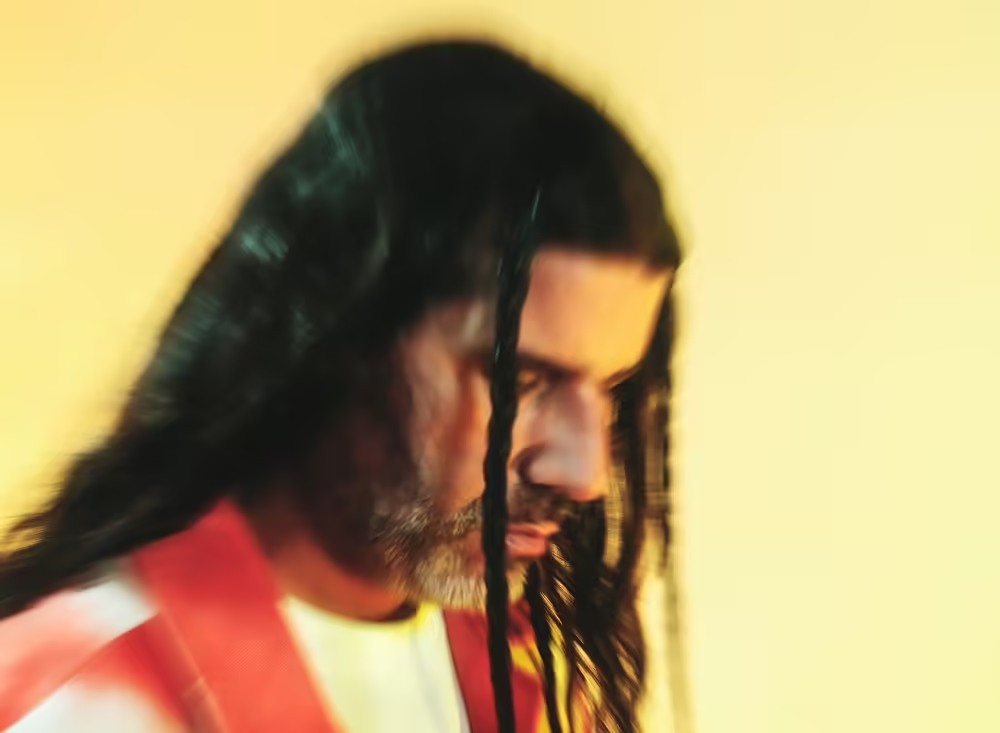Quantic interview – “I had to make a lot of things in order to take a lot of things out” | Juno Daily
Will Holland on the new Quantic LP,

Give the new album from Quantic, Dancing While Falling, even the briefest of listens and you’ll not be surprised to discover that the Worcestershire-born producer has relocated to New York. It’s brimming with disco and funk elements and bursting with bulging brass and sweeping strings, sounding like it might have been transported from The Big Apple’s steaming streets sometime during the Summer of Sam into the modern day.
So, having secured a rather distant and slightly delayed Zoom connection with Will Holland himself, we have to ask: “how is Brooklyn today?”
“I’m actually in London at the moment,” he replies. “East London – I’ve got these pop ups shows coming up – one in East London, one in Peckham.”
After sharing a joint incredulity that our connection could be so ropey while stretching only a few miles across the capital, we enquire how his day has gone so far. “It’s been OK, I’m doing well – just starting the week, just starting to prepare for these sets, because they’re all vinyl. Getting my records back together, because I did one last week.”
Thinking of several big name DJs, Etienne de Crecy most notably, who’ve returned to vinyl sets of late, we note that it’s become a bit of a trend. “I never stopped,” insists Holland, “It just seems like there’s more places that have decks again, there’s been a bit of a resurgence. It’s good though. You know, you have to commit to them. There’s no turning back once you’ve packed them.”
Officially, Holland has been living in Brooklyn for the past two years, but has spent a lot of the last year travelling, first to Mexico and then working in in London, making this record. “I’ve not been in Brooklyn as much as past years,” he says, “I’ve still got the studio there though and I’m going back there this month.”

Nevertheless, our instinct that the city did play a significant part in the making of Dancing While Falling, does – eventually – prove to be correct.
The initial planning of the album and the formative parts of its creation happened during the pandemic, when Holland was 100% in New York. “It was obviously a terrible time,” Holland says, “but we had access to a lot of street parties, and during the Black Lives Matter time a lot of sound systems came out. People had been stuck indoors for a long time so they were eager to get out.
“In New York there’s always been a lot of freedom to put sound systems on outside and of course outside of Jamaica it was the place sound system culture was born with hip-hop, so it’s cool. I love playing records to free parties outside because you get so many different people there, different generations, a real diverse crowd. Families, young kids… people that you’d maybe never DJ for in a club.”
Holland had already visited New York many times, having become a regular fixture on the bill at party called Turntables On The Hudson, which was run by producer and, later, Quantic collaborator Nikodemus. “It used to be on this little boat moored on the west side of Manhattan, it was this moored up lighthouse – well, a light ship. That was my real introduction to New York.”
Travel, and more importantly the musicians at his destinations, are a constant source of inspiration for Holland, who left the UK for Columbia when he was in his late 20s. “I wanted to move for six months,” he laughs, “but it ended up being seven years. I still go there a lot – there are a lot of artists there and I love it.”

With its lush arrangements and guest vocals, Dancing While Falling sounds very collaborative. The key musicians this time round aside from himself, he says, are Paul Wilson, keyboard player with the Quantic live band – “he’s on this record a lot and we worked together a lot on the music” – singer Andreya Triana, making her Quantic debut “even though we’ve known each other for more than 20 years” – and drummers Caito Sanchez and Joe Blaxx. “They’re the go to guys for me. I think a dance record is only really as good as the drummer, and they’re amazing. You want to work with people you know well, who are really top level musicians but also willing to look out for new sounds and trying out new things.”
This is the eighth Quantic album, although the number of LPs Holland has released under all his various aliases must be “into the 20s”. Most recently, though, namely this album and its predecessor, 2019’s Atlantic Oscillations, have seen him experimenting more on augmenting his well recognised skills with beats with big, live, musical arrangements.
“On the last record had dabbled with orchestral arrangements, symphonic elements over dancefloor elements, so there are parallels with this one,” he says. “I knew I wanted to make this one grander and have a bigger sound. I think I know how to make music ‘in the box’ now, so to speak, but working with strings and horn players I find really exciting.”
Particularly important, too, when the vibe he was aiming for on the LP was that of a disco dub or edit. When you hear an edit or dub, he says, explains, the instrumental elements might become isolated or highlighted without the support of others instruments. So the process was to create the complete tracks and then begin taking elements away. “In my recent recordings I’ve realised subtraction is the best process. I had to make a lot of things in order to take a lot of things out.”
It’s certainly a factor in the four years it took to make Dancing While Falling. No bad thing at all, says Holland.
“I think we’re living in a world of convenience with production, and while I don’t want to get into the whole ‘in my day’ thing, when I started making beats I looked up to people like Dilla and DJ Krush, slowed down breakbeat stuff with a lot of samples and that took a long time, you really needed to be musical.
“If you make records quickly, you’re all in the same place emotionally, but when you make them over a few years… it becomes more of a work of collage.”
Ben Willmott


